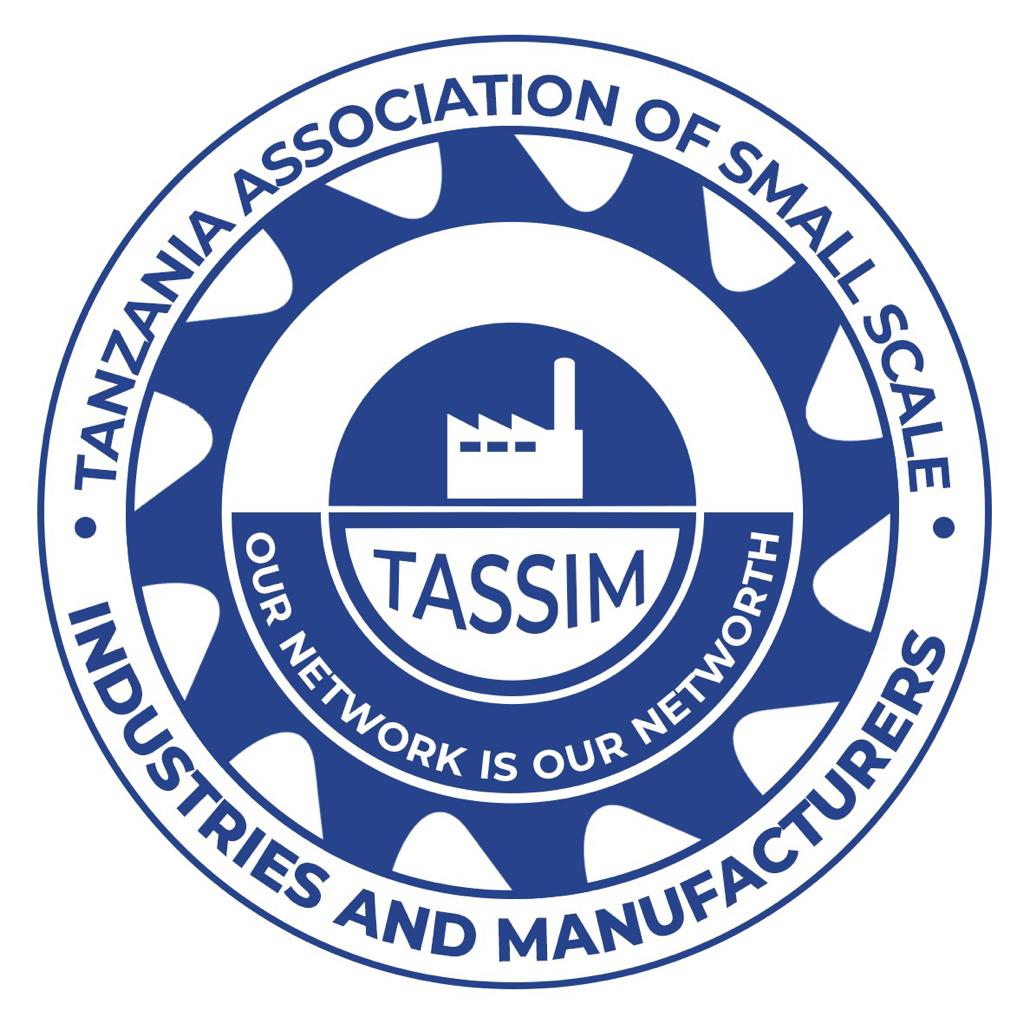As a part of the on-going strategic meetings conducted by TASSIM leaders to visit departments, sectors, and various stakeholders in industries and trade, today was the turn to visit a crucial institution, the Tanzania Trade Development Authority (TANTRADE). The delegation from TASSIM, led by Mr. Elia Mlay, was received by the Director of TANTRADE, Ms. Latifa M. Khamis, where they held brief discussion at the headquarters of the authority. The main purpose of the visit was to introduce TASSIM and explain their activities in the overall strategy of developing small-scale industries to engage and enter the large competitive market.
The Director of TANTRADE, Ms. Latifa M. Khamis, commended the leadership of TASSIM for their thoughtful initiative in establishing this crucial entity for broader interests of the nation and its citizens. She urged TASSIM leadership to ensure they take advantage of available opportunities to participate in all trade promotion exhibitions organized by TANTRADE domestically and internationally to promote and seek markets for Tanzanian products, facilitating local industries to find customers. She emphasized TASSIM's participation in the 48th International Trade Fair (Sabasaba) scheduled to take place from June 28 to July 13, 2024, as well as other exhibitions like TIMEXPO organized by TANTRADE in collaboration with CTI to promote domestic industries' products. But also invited them in other training and conference organized by TANTRADE in order to enhance and sharpen skills of TASSIM Management and its members. The Director urged TASSIM to expand its activities and reach out to Zanzibar to reach all entrepreneurs and manufacturers from both the mainland and the islands while emphasizing on collaboration between these two organizations for Tanzania growth. On the other hand, the CEO of TASSIM, Mr E.J. Mlay gave his remarks for having the opportunity to personally meet the director and briefly present TASSIM to her. He continued thanking the Director of TANTRADE for the warm reception and promised further cooperation, also by involving other producer institutions to achieve the goal of uplifting small industries (SMEs) in the country, which are numerous but have not yet been reached and categorized like large-scale producers.
TASSIM leadership visit to TANTRADE Headquarters
Get in touch
Msasani Tower, Off - Kimweri Road, Plot Number 503/1,
Block G, P.O Box 38556, Msasani, Dar es salaam
P.O Box 38556
+255 757 359 795
info@tassim.or.tz
Block G, P.O Box 38556, Msasani, Dar es salaam
P.O Box 38556
+255 757 359 795
info@tassim.or.tz
